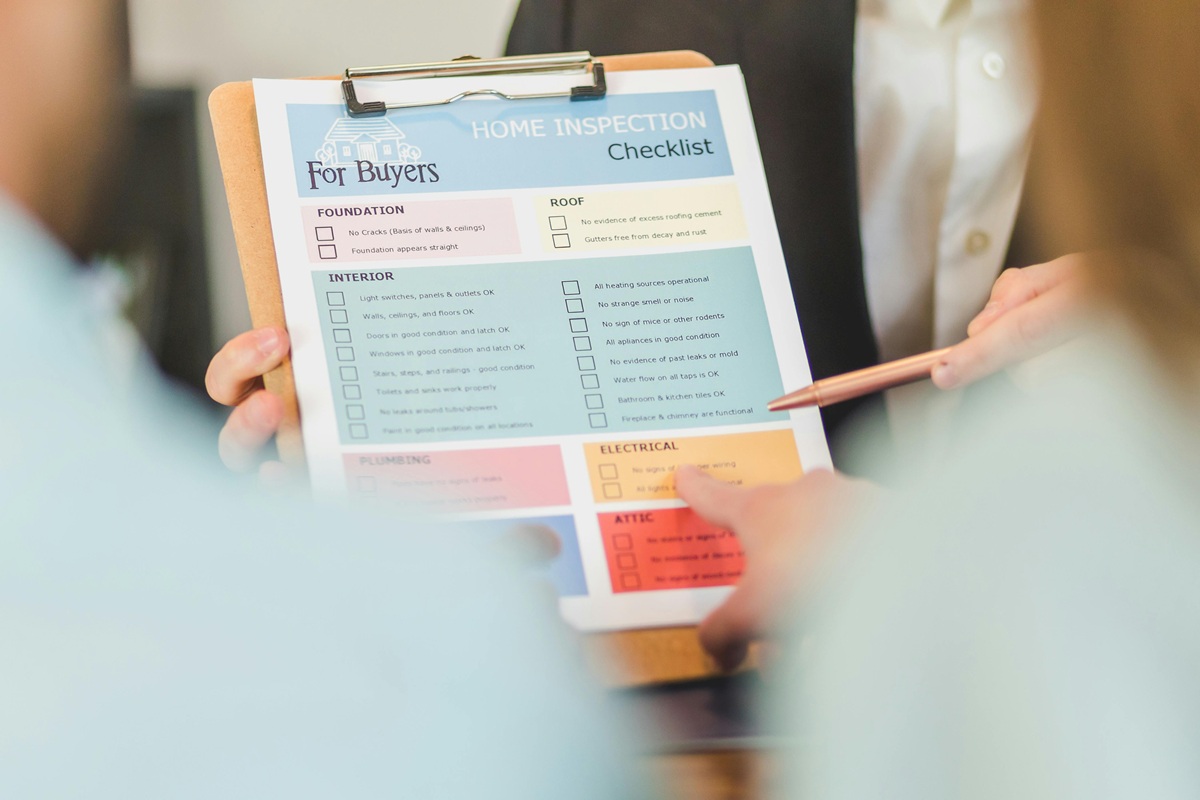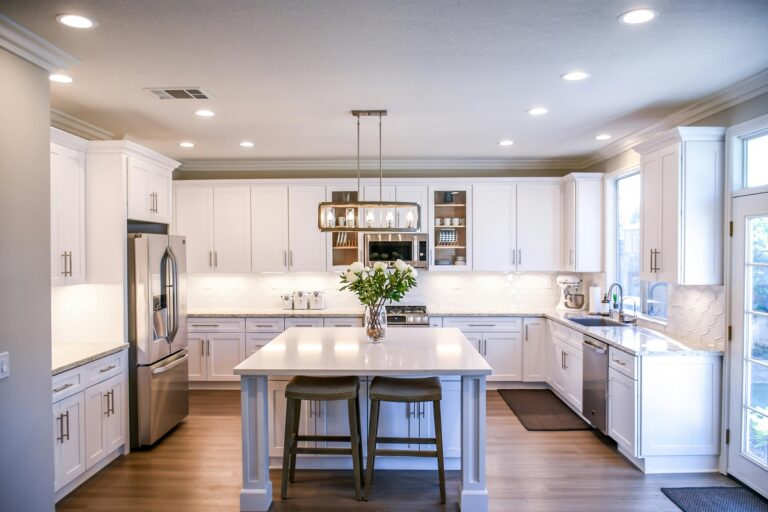A Guide to Inspections for Landlords and Tenants
When it comes to renting a property, inspections are one of the most important steps for both landlords and tenants. These inspections not only ensure the property is well-maintained but also protect the interests of both parties involved. Whether you’re a landlord looking to safeguard your investment or a tenant wanting to avoid disputes, understanding the guide to inspections for landlords and tenants is essential. This article will walk you through the essential aspects of property inspections, including what to expect, the steps involved, and how to make the process as smooth as possible for everyone involved.
Why Inspections Matter for Landlords and Tenants
Inspections serve as a protective measure for both landlords and tenants. For landlords, inspections ensure that the property remains in good condition and that any maintenance issues are addressed in a timely manner. For tenants, inspections help prevent unfair claims about property damage when the lease ends.
A thorough inspection at the beginning of a lease creates a solid baseline for the property’s condition, which can be referenced later. Understanding the guide to inspections for landlords and tenants from the start ensures a smoother leasing experience for everyone involved.
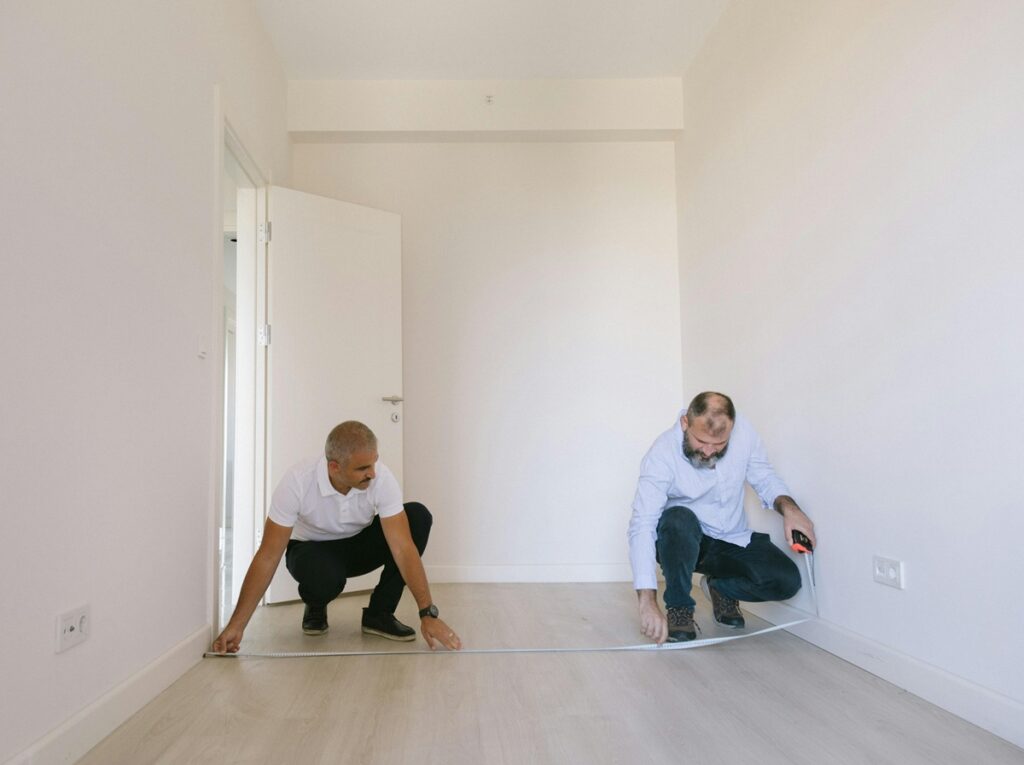
The Types of Inspections: What You Need to Know
1. Pre-Tenancy Inspections
Before tenants move into the property, a pre-tenancy inspection should be conducted. This is part of the guide to inspections for landlords and tenants, which ensures both parties agree on the property’s condition before the lease begins. It’s crucial to create a detailed report with photographs to avoid future disputes.
Key things to check during a pre-tenancy inspection:
- Walls and ceilings for any damage or wear.
- Floors, including carpets, tiles, and wood for stains or scratches.
- Fixtures and fittings (lights, taps, locks, etc.).
- Appliances (if provided) to ensure they’re in good working condition.
- Outdoor areas, including gardens, fences, and driveways.
This report should be signed by both the landlord and tenant to confirm that both parties agree on the property’s condition at the start of the lease.
2. Routine Inspections
Regular inspections throughout the tenancy allow landlords to ensure that the property is being maintained properly and that there aren’t any issues that could affect its value. It’s a good idea to schedule these inspections at least once every 6-12 months.
What to look for during a routine inspection:
- Signs of wear and tear (normal use) vs. damage.
- Any maintenance issues (plumbing, electrical, etc.).
- Cleanliness and overall condition of the property.
- Potential safety hazards (loose railings, exposed wiring, etc.).
- For tenants, this is an opportunity to ask the landlord about any repair or maintenance requests. It also gives them a chance to make sure the property is in good condition.
Tip for landlords: Always provide adequate notice (usually 24 hours) before carrying out a routine inspection. It shows respect for the tenant’s privacy and ensures you comply with legal requirements.

3. End of Tenancy Inspections
When the tenant moves out, it’s time for an end-of-tenancy inspection. This is one of the most crucial inspections for both parties, as it directly impacts the return of the tenant’s deposit.
During the inspection, the landlord will compare the property’s condition to the pre-tenancy report and assess any new damage or issues. This is where those detailed notes and photographs from the beginning of the tenancy become essential.
Key steps for the end-of-tenancy inspection:
- Compare the current condition of the property with the pre-tenancy condition.
- Check for any damages that go beyond regular wear and tear.
- Verify that the property is clean and in good condition.
- Ensure that all keys, remotes, and appliances are returned.
Tip for tenants: Take your own photographs of the property’s condition when you move out to have a record of the state of the property upon departure.
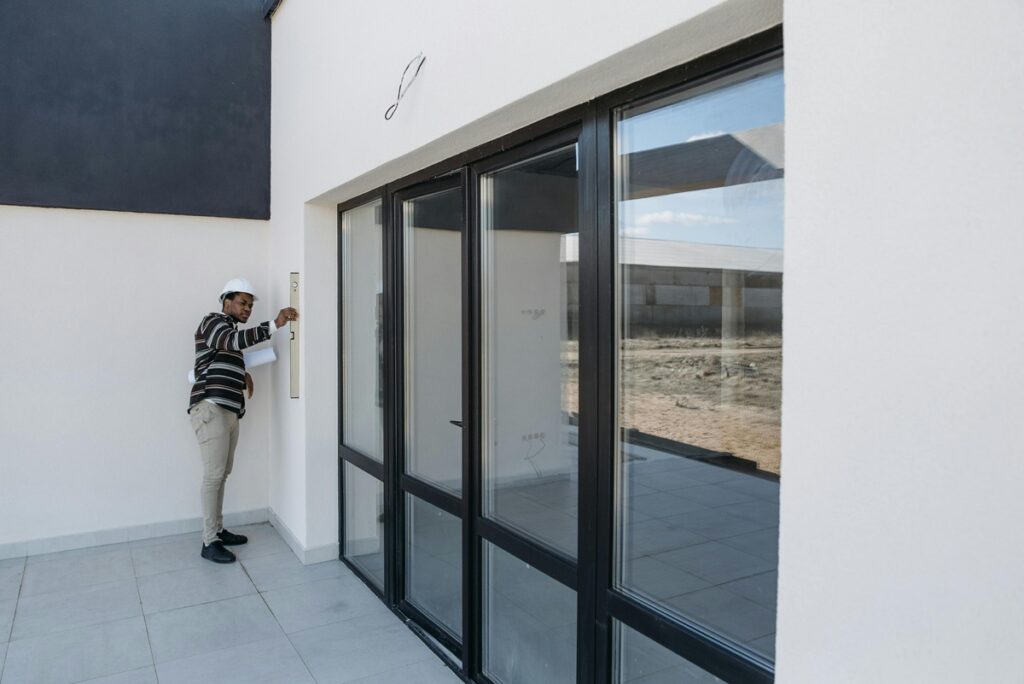
Tips for a Smooth Inspection Process for Both Landlords and Tenants
For Landlords:
- Communicate clearly: Inform tenants about the purpose and timing of inspections. Let them know when the inspection is scheduled and always give sufficient notice.
- Be professional: Treat the inspection as an opportunity to maintain a good relationship with your tenants. Be respectful of their privacy and make sure to address any concerns they might have.
- Keep thorough records: Detailed records, such as photographs, reports, and communication logs, will help prevent disputes and protect both parties.
For Tenants:
- Prepare your property: Keep the property clean and well-maintained throughout your tenancy. If you notice any issues, report them to the landlord right away.
- Document your belongings: Before and after the inspection, take photos of your personal belongings and the condition of the property to avoid any misunderstanding regarding damages.
- Be present during inspections: If possible, be there when the inspection is conducted. This allows you to ask questions and address any concerns you might have about the condition of the property.
The Legal Side of Inspections in South Africa
Both landlords and tenants need to be aware of their legal rights and obligations when it comes to property inspections.
For landlords:
- You must provide tenants with at least 24 hours’ notice before an inspection, unless there’s an emergency.
- You are responsible for conducting the inspections in a non-intrusive manner and respecting the tenant’s privacy.
For tenants:
- You have the right to be present during inspections and to request a written report after the inspection.
- You are entitled to fair treatment when it comes to the return of your deposit and any deductions for damages.
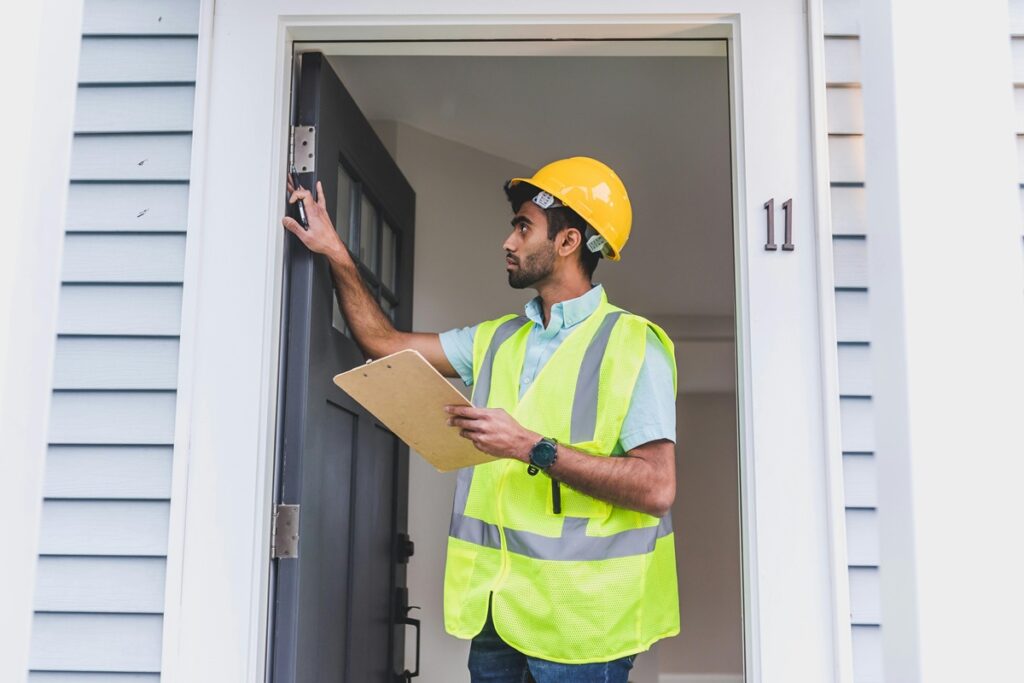
Inspections are a crucial part of the renting process, providing protection for both landlords and tenants. By staying informed about the different types of inspections and understanding what to expect, you can ensure that the process runs smoothly and that everyone’s interests are protected.Whether you’re a landlord looking to maintain your property or a tenant wanting to protect your deposit, following these guidelines will help ensure your inspections are straightforward and stress-free.
By understanding and respecting each other’s rights and responsibilities, landlords and tenants can maintain a healthy, professional relationship throughout the rental period.
Looking to Become a Successful Estate Agent?
At Equip Business Coaching, we understand that becoming a successful real estate agent requires not only knowledge of the industry but also a continuous commitment to personal and professional growth. If you’re ready to take your real estate career to the next level, join us at Equip Business Coaching. We offer tailored coaching programs and expert advice to help you succeed in the competitive South African property market.
Contact us today to learn more about how we can help you achieve your real estate goals with confidence and skill!

